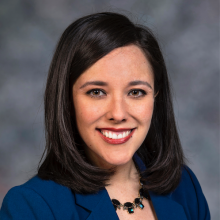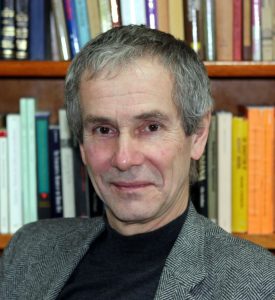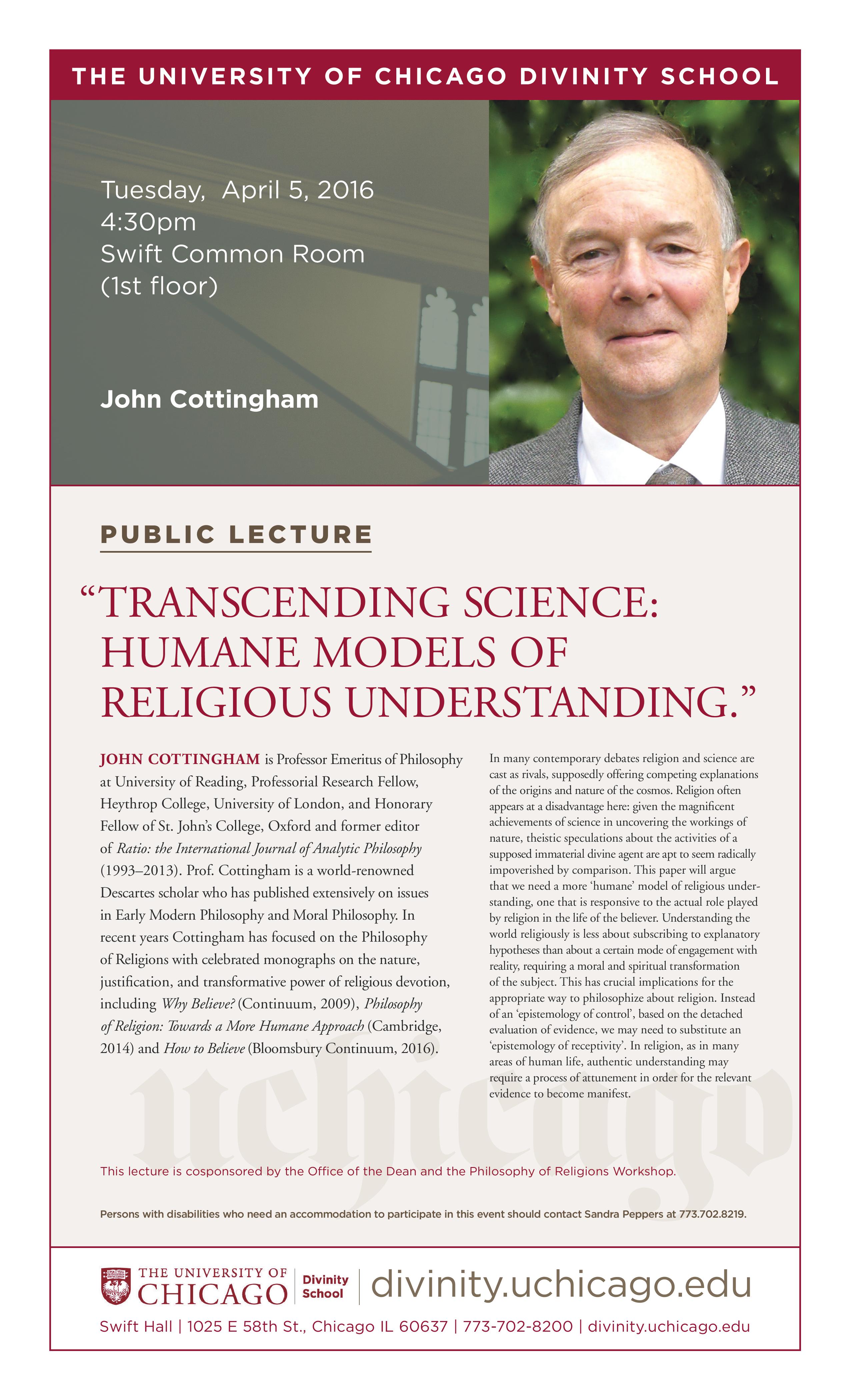Niki Clements
Watt J. and Lilly G. Jackson Assistant Professor of Religion, Rice University
Foucault’s Christianities
Wednesday, February 28, 4:30pm, Swift 208
Niki Clements works at the disciplinary intersection between the history of Christian practice, philosophy of religion, and religious ethics. She specializes in Christian asceticism and mysticism in late antiquity, highlighting its resources for thinking through contemporary ethical formation and conceptions of the self. She is currently completing the first comprehensive treatment of the ethical thought of John Cassian (c.360-c.435), a late antique Catholic architect of Latin monasticism doctrinally marginalized for his optimistic views on human agency. Engaging Michel Foucault’s late work on ethics-which sees Cassian as a crucial inaugurator of modern disciplinary subjectivity-she critiques the conceptual limitations that Foucault’s philosophical categories impose on his reading of Cassian, late antique Christianity, and the study of religion. She also pursues a transdisciplinary approach with cognitive neuroscience to argue that ethical formation integrates consciousness, embodiment, and affectivity. She is the volume editor for Mental Religion: The Brain, Cognition, and Culture, as part of the forthcoming Macmillan Interdisciplinary Handbooks.
The Workshop on the Philosophy of Religions is committed to maintaining itself as a fully accessible and inclusive workshop. Please contact Workshop Coordinator Matthew Peterson (mjpeterson@uchicago.edu) in order to make any arrangements necessary to facilitate your participation in workshop events.








